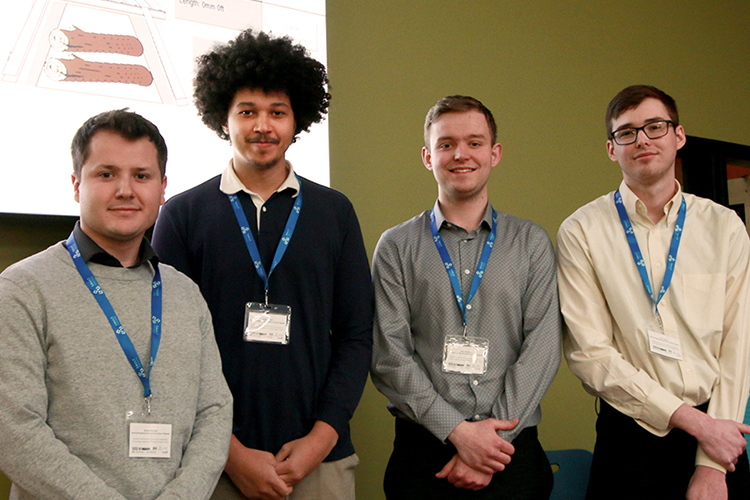Rain gardens could save salmon from toxic tire chemicals

Specially designed gardens could reduce the amount of a toxic chemical associated with tires entering our waterways by more than 90 per cent, new research shows.
The chemical 6PPD-quinone can form when car tires interact with the atmosphere. It enters rivers and streams when rain runs off roads into waterways. It is toxic to coho salmon, rainbow trout and some other fish.
“Rain gardens”, or bioretention cells, are gardens engineered to reduce flooding and soak up contaminants when road runoff is directed onto them.
With the City of Vancouver, UBC researchers Drs. Timothy Rodgers (he/him) and Rachel Scholes (she/her) tested a Vancouver rain garden at 8th and Pine, pumping 14,000 litres of water spiked with 6PPD-quinone onto the garden for four hours and testing the water draining from beneath the garden at frequent intervals. They found only about two to five per cent of the chemical made it through, with about 75 per cent captured by the soil and plants.
Extrapolating their results using a computer model, the team predicted the garden would prevent more than 90 per cent of the chemical from directly entering salmon-bearing streams in an average year.
Vancouver’s Rain City Strategy will build more “green infrastructure” including rain gardens, and municipalities could use the research to plan where and how to place these, the researchers say. This could include targeting areas with large highways that runoff into salmon-bearing streams and such systems could help meet multiple municipal environmental goals simultaneously. “Anywhere where you know there’s salmon, you should be trying to direct that runoff as much as possible into systems like this,” says Dr. Rodgers.
This article was adapted and republished with permission from the ![]() University of British Columbia.
University of British Columbia.
Up next

Sault College students collaborate with Boniferro Mill Works on applied research project
Representatives from Sault College recently completed a successful College and Community Innovation (CCI) program applied research project in partnership with Boniferro Mill Works, a hardwood sawmill located in Sault Ste. Marie, Ontario.